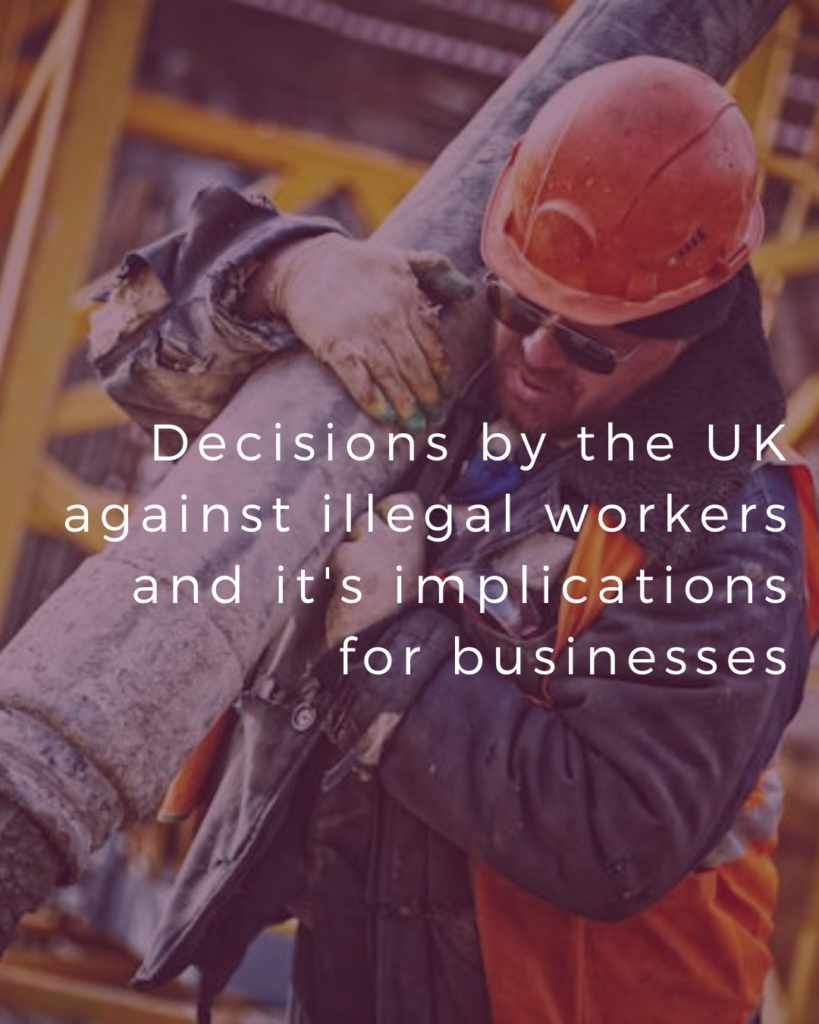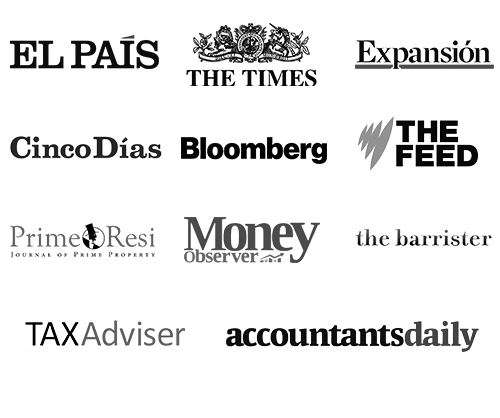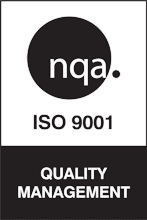¨In this interesting article published by The Guardian and written by Craig Scott, the author discusses the relevance, pros & cos of the Tax Mark launching as a reward for transparency and fairness in corporate taxation practices and policies.¨
“In this world nothing can be said to be certain, except death and taxes.” For many, Benjamin Franklin’s famous quote encapsulates everything we need to know about the inevitability of taxes. Yet over the past few years, it has become apparent that, for an increasing number of multinational companies, when it comes to tax, nothing is certain.
Google, Facebook and Amazon have all been criticised recently for the level of corporation tax they pay in the UK, but perhaps it was the US coffee giant Starbucks that attracted the most opprobrium when it was revealed in 2012 that the firm, at the time worth $40bn (£24bn), reportedly paid just £8.6m in corporation tax in the UK over 14 years.
These companies aren’t breaking any laws – they are simply taking advantage of the complexity of the corporate tax system.
Politicians are starting to act: plans were announced at last year’s G20 to close loopholes in the tax system. Public anger is also growing – in a recent survey commissioned by Christian Aid, 34% of Britons said they are currently boycotting a company because it does not pay its fair share of tax.
So how can the problem of corporate tax avoidance be tackled and the public’s understanding of the issue improved? At a recent roundtable discussion, hosted by the Guardian in association with Midcounties Co-operative, participants discussed the pros and cons of the Fair Tax Mark, which will launch today.
The Fair Tax Mark will use a set of metrics to assess companies on their tax and transparency. Companies that score a minimum of 13 out of 20 will be awarded a Fair Tax Mark. According to one of the directors of the Fair Tax Mark, Richard Murphy, the aim of the scheme is to allow companies who are paying the right amount of tax to stand out. “There are good companies in this world,” he said. “There are exemplars of good practice who are trying to pay the right amount of tax.”
How much is enough?
Yet for some participants, defining what the “right amount of tax” is could be problematic. “How do you pin down what a fair tax rate is?” asked Chas Roy-Chowdhury, head of taxation at the Association of Chartered Certified Accountants. “There are all sorts of dynamics that come into it; even tax experts wouldn’t necessarily agree with each other.”
For Murphy, “right” means that the “economic substance” of what a company is doing in a certain country has to be reflected in the tax it pays. If the company only has a “filing cabinet” in that area, rather than having staff, sales and assets there, yet is supposedly generating a vast amount of profit, “that looks like a tax arrangement”.
He went on to tell the roundtable how a system of awarding “bonus points” would ensure the Fair Tax Mark didn’t unfairly penalise companies that had paid a low rate of tax for legitimate reasons. If, for example, a firm was entitled to tax relief to offset investment in R&D, the rating would accommodate this – as long as these reasons were disclosed.
This bonus marking system went some way to allaying the concerns of a few participants who felt that an earlier iteration of the Fair Tax Mark was too simplistic in its approach to tackling tax avoidance.
There are many other legitimate reasons why a company would not have to pay the headline rate of tax, said Mike Truman, editor of Taxation Magazine. “If you are operating within the law you shouldn’t be penalised,” he stressed.
Ken Olisa, corporate director of Thomas Reuters, said the tax system was dealing with very complicated issues; if it was reduced to something simple, it could inflame the public with headline views and “damage business and democracy”.
Olisa believed encouraging companies to be transparent about their tax affairs was a better approach. “Let the public and media form their [own] views,” he said.
But some participants felt the public would embrace having an easy way to tell if a company was paying a fair amount of tax or not, without becoming swamped with information. “All consumers want to know,” said Robert Hodgkins of the ICAEW, “is has it passed, or failed?”
“We are only going to be giving the mark to people who want it … we are not going to stand in judgement,” said Murphy, who was keen to emphasise companies would have to apply to receive Fair Tax Mark accreditation. The standard wouldn’t be imposed on companies or its findings released without their consent.
This operating model is standard in ethical certification, said Paul Monaghan, director of Up the Ethics. “A business says, ‘I’m thinking of certifying my supply chain, can I have a proxy audit?’ You then get an initial report back and the conversation begins,” he said. Sometimes this leads directly to certification, he added, and sometimes improvements and tweaks need to be made before certification is granted.
“If companies are concerned they are going to be highlighted unfairly, then part of the response to that has to be better reporting,” said Jenny Ricks, head of campaigns, Action Aid. “The onus is on them.”
But if signing up to the Fair Tax Mark is voluntary, why would businesses choose to do so? Parallels were drawn with the Fair Trade movement and other consumer-awareness campaigns. “These things started off very small and now they dominate global markets – they have become really influential,” said Rob Harrison, another Fair Tax Mark director.
When the Co-op began championing Fair Trade products, said Ben Reid, chief executive of Midcounties Co-operative, rival supermarkets soon followed suit “as it was seen as a unique selling point for Co-op and was taking market share”. Reid added that Fair Tax was now attracting the same type of passion. He said the Co-op’s energy business picked up hundreds of new customers last year after a large energy supplier was accused of avoiding paying corporation tax for a number of years and it became the subject of a boycott campaign. If the Fair Tax Mark becomes relevant to like-minded consumers, businesses will adopt it and “that is why this is important”, he added.
Companies are “responding to public demand for change on this issue”, said Ricks. “This will be another tool to democratise the debate around tax.”
Public anger
Alasdair Roxburgh, campaigns manager, Christian Aid, took up this point. There is public anger over tax, he said, “but at the moment it is not particularly directed or fully formed”. Roxburgh thought the Fair Tax Mark offered an opportunity to help people understand tax as an issue: “We need to get better at communicating why tax is important,” he said.
This could also be mutually beneficial for businesses, said Richard Wilcox, managing director of Unity Trust Bank. He used the Living Wage as an example, pointing out that businesses who signed up to that initiative began collaborating to ensure mutual success. Businesses that sign up to the Fair Tax Mark were likely to do the same: “It has the ability to snowball,” he said. “There is a clear business benefit there.”
Murphy agreed: “When all businesses understand each other and there is mutual trust, we will create prosperity and that can be shared.”
Roundtable participants were clearly coming round to the merits of the Fair Tax Mark, but a number of contributors wanted to know more about its business model. Would it become another organisation that both draws up industry standards and gets paid to help companies meet them, asked Olisa, such as the Institutional Shareholder Services (ISS), which advises its clients on corporate governance. The danger in that is that shareholders have “handed over thinking” to the ISS, said Olisa, which can sometimes result in the organisation exerting an undue influence.
“It’s a paid-for standard,” admitted Harrison, but it will operate on a sliding scale “that will start on £200 for a tiny shop”. Half the fee will be charged for an assessment and then, if the assessment is passed, the company will pay the second half for a licence to display the mark which, he said, would be subject to annual assessment. Fair Tax Mark was a not-for-profit organisation, he added.
Other participants worried that the Fair Tax Mark would lose its relevance once the economy picked up. However, Oxfam’s economics justice policy adviser, Krisnah Poinasamy, said the effects of austerity “are going to last far longer than the implementation of it” and therefore the argument around “who is paying their fair share” would continue.
Olisa, who had voiced some reservations regarding the Fair Tax Mark, largely came around to the idea in the end, suggesting that if the scheme focused on “justice more than tax”, it could and should succeed. “The idea of tax justice, as a citizen, I find hugely attractive,” he said. “As a businessman, I find it hugely attractive. The only way we create wealth in society is through businesses and we have to operate in society, so it’s an easy argument.”
How does it work?
• The Fair Tax Mark aims to help organisations that apply for accreditation achieve maximum transparency and fairness in their taxation policies.
• A company’s publicly available information (website, annual accounts etc) will be examined to assess its transparency, tax rate, tax avoidance and tax disclosure.
• The criteria have been devised in consultation with NGOs, business representatives, industry practitioners and a seven-member technical team of academics and professionals. Development of the criteria is an ongoing process.
For up to date information on the Fair Tax Mark, visit fairtaxmark.net
At the table
Larry Elliott (Chair) economics editor, the Guardian
Ben Reid chief executive, Midcounties Co-operative
Paul Monaghan director, Up the Ethics
Rob Harrison director, Fair Tax Mark; editor, Ethical Consumer Magazine
Robert Hodgkinson executive director of technical strategy, Institute of Chartered Accountants
Richard Murphy director, Fair Tax Mark; founder, Tax Research LLP
Ken Olisa OBE corporate director, ThomsonReuters; chair, Restoration Partners
Krisnah Poinasamy economics justice policy adviser, Oxfam
Jenny Ricks head of campaigns, Action Aid
Alasdair Roxburgh campaigns manager, Christian Aid
Mike Truman editor, Taxation magazine
Chas Roy-Chowdhury head of taxation, Association of Chartered Certified Accountants
Richard Wilcox managing director, Unity Trust Bank
Source:
http://www.theguardian.com/




